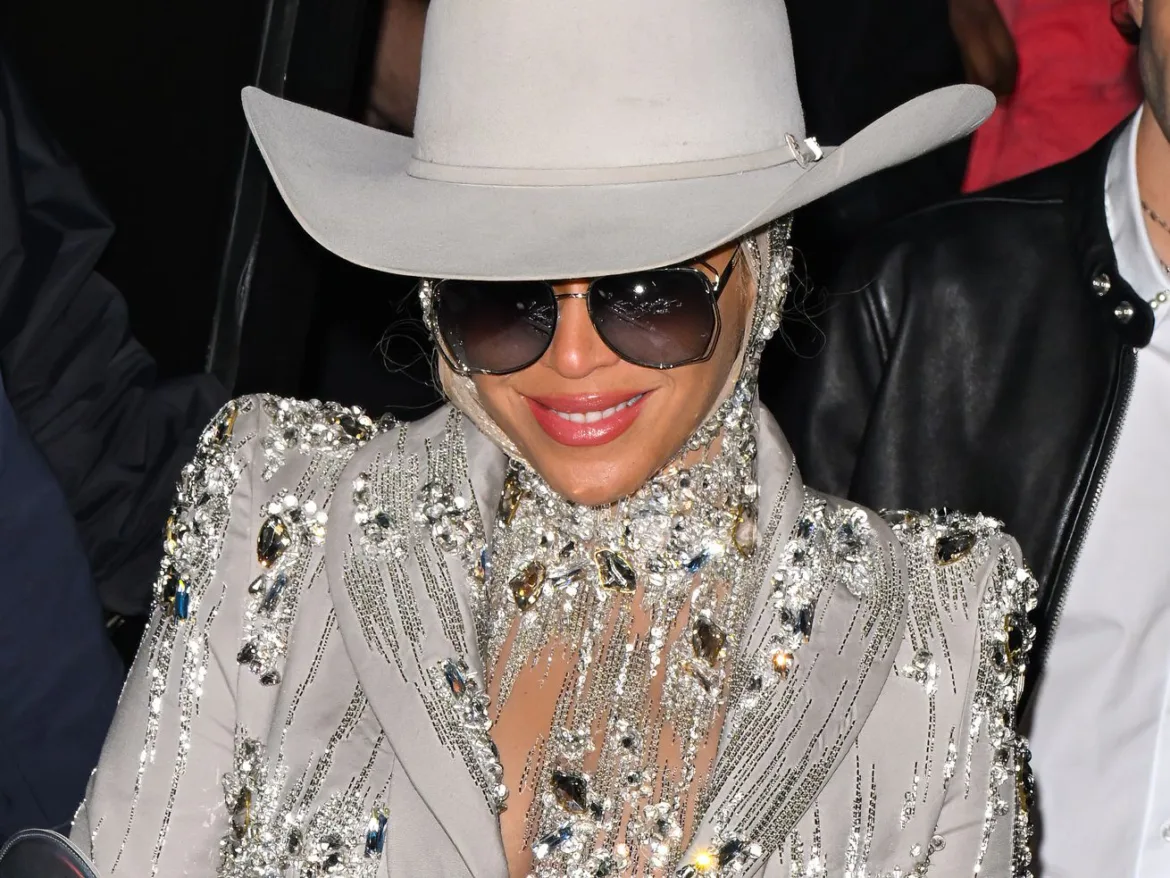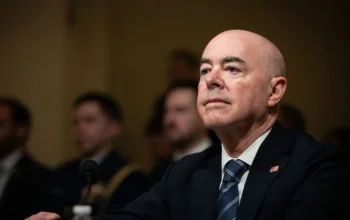A century of history of Black country music, explained by Alice Randall.
If you somehow haven’t heard: Beyoncé’s Cowboy Carter, her eighth studio album and the much-anticipated sequel to Renaissance, drops on Friday. Its lead single “Texas Hold ‘Em” made history when it debuted at the top of the country charts last month.
“I feel honored to be the first Black woman with the number one single on the Hot Country Songs chart,” Beyoncé wrote in an Instagram post last week.
With this album, she’s not just racking up downloads and inspiring TikTok dances, she’s also drawing attention to the whitewashing of a genre that has long silenced its Black voices — and, predictably, drawing backlash from country music gatekeepers.
The century of Black country that led to Cowboy Carter
For over a century, Black artists have been central to country music — and for just as long, their work has been overlooked or undercompensated by the predominantly white country music establishment.
Just ask songwriter, educator, and New York Times bestselling novelist Alice Randall. She’s the first Black woman to co-write a No. 1 country song, with Trisha Yearwood’s 1995 hit “XXXs and OOOs,” and has written many other country hits … all of which were performed by white artists.
“I thought I was going to retire from country and never see” the day a Black woman would hit the top of the charts, she told Vox.
Randall, who teaches about the Black roots of country music and has a book coming out on the subject, told Today, Explained host Noel King that Beyoncé’s success was an effort nearly a century in the making.
Let’s dig into some of that century’s highlights!
Randall traces Black country’s recorded origins to DeFord Bailey’s 1927 harmonica performance of “Pan American Blues” onstage at the Grand Ole Opry in Nashville.
Despite Bailey’s popularity, he endured racism while touring the Jim Crow South with white Opry performers.
“DeFord was able to defy and evade the structural obstacles created to keep his voice off the radio and to keep him out of the public. But he never did have the same opportunities that his white contemporaries had,” Randall said.
The next great to know, she says, would be Memphis-born Black pianist, Lil Hardin Armstrong, for playing on “Blue Yodel #9” with her husband Louis Armstrong on trumpet and Jimmie Rodgers on vocals. Only, at the time, you wouldn’t have known either Armstrong was behind the work: Only Rodgers’s name was put on the 1930 record, and many listeners considered it a white song.
“Often they took the exact same recording and marketed it, one to a white audience and one to a Black audience, sometimes changing the name of the group,” Randall said. “There’s a lot of cultural redlining that is actually separating things that are not intrinsically separate.”
Then in the 1960s and ’70s, Black country stars tried to make their mark — with differing levels of success.
Charley Pride became a breakout country superstar with 52 top-10 hits on the Billboard Hot Country Songs chart. He had a remarkable rise from a Negro Leagues baseball player to appearing at the Grand Ole Opry in 1967 (the first Black performer to grace its stage since DeFord Bailey’s last appearance in 1941) to winning Entertainer of the Year at the Country Music Association Awards in 1971.
But when Pride’s debut album was released, the label deliberately omitted any mention of his race and didn’t put his face on the cover.
“They wanted people to fall in love with the voice in the records first,” Randall said.
Linda Martell didn’t share the same success. Her one and only album, Color Me Country, was released in 1970 on Plantation Records, and she was the first Black female country artist to perform at the Opry.
“It’s an extraordinary album,” Randall said. “She’s on Hee Haw, she’s on the Opry, but she never goes incognegro. The very first time she comes out as a Black woman, there just isn’t the traction. She experiences myriad micro and macro aggressions navigating Nashville. She is not allowed in this space.”
Randall says Ray Charles’s 1962 blockbuster record Modern Sounds in Country and Western Music is arguably the most important country album, and certainly the most important Black country album, until this moment.
“It was constructing and deconstructing country music,” she said — something of a spiritual predecessor to Cowboy Carter.
Black country’s time has come
Black artists have made more inroads into mainstream country music in recent years, but not without challenges.
Darius Rucker has won a Grammy and scored 10 No. 1 hits since leaving Hootie and the Blowfish, but was told that audiences “would never accept a Black country singer.”
Country fans accused “Old Town Road” singer Lil Nas X of “cultural appropriation” for wearing a cowboy hat — even though Black cowboys have a long history in the American West.
Other Black women country musicians with massive songwriting and vocal talents have struggled to break through to mainstream success.
Beyoncé herself weathered backlash after performing Lemonade’s boot-stomping country hit “Daddy Lessons” with the Dixie Chicks (now known as The Chicks), at the CMA Awards in 2016.
While evolving the genre in her own way, Beyoncé is “preserving and spotlighting past genius, while manifesting her own present genius, and creating a path forward for further innovation,” Randall said.
She links Beyoncé’s second single off the album, “16 Carriages,” to other iconic country songs: the Carter Family’s mournful “Can the Circle Be Unbroken,” Tennessee Ernie Ford’s rendition of the coal miner’s lament “Sixteen Tons,” Deana Carter’s ode to lost innocence in “Strawberry Wine,” and Randall’s own “XXX’s and OOO’s” about the balance between love and money.
“No one again can say a Black woman can’t chart. No one again can say — which is a thing that was unfortunately said around town — ‘Bring me the right Black woman, bring me the one that’s pretty enough, who sings well enough and has some songs, and we’ll make her a star.’”
Instead, Beyonce’s star power is bringing in audiences outside the typical country fan base “because some music is being served up that is just irresistible.”
If you’re feeling inspired to keep listening, check out this playlist Today, Explained pulled together on Spotify!
This story appeared originally in Today, Explained, Vox’s flagship daily newsletter. Sign up here for future editions.



